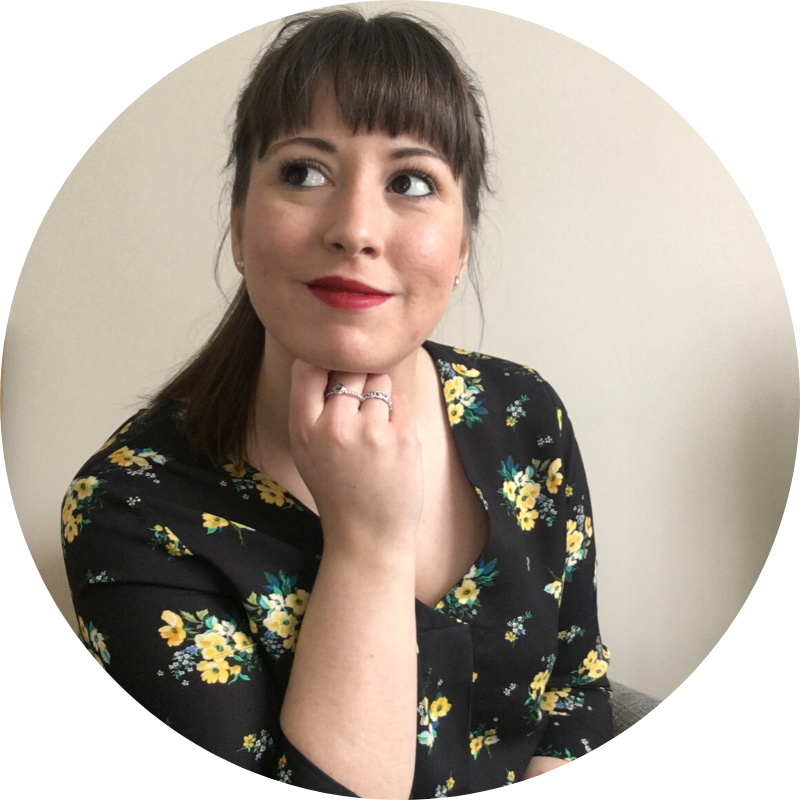Writing Wednesdays: Should you research your setting?
Sometimes, if you’re not sure about certain things with your story, you face a question: should you research and make it authentic, or should you just avoid it altogether? I’m British (Welsh, thank you very much, not English) and set my three YA romance novels in America, so I know a little bit about this.
(You may like to check out this guest Writing Wednesday post on research for writing a historical novel by Lauren James for some more advice!)
Remember: the little details make the story.
Things like the weather. If your story takes place in an unspecified location, you can have a little free reign with the weather. If you’ve set it in a particular county, or state, or town, then it’s worth researching the average weather (then you can say ‘it was an unseasonably hot day’ and be right) just so you’re a little more accurate.
Some things require research.
In my second book, Rolling Dice, I had to check that you could in fact grow apple trees in Florida. Random, but necessary to check, in case it was very wrong. Like I said: the little things.
You might also like this post for advice on setting the scene in your novel.
If you’re writing something set in a high school, you can always make up a school, even a whole small town (‘in the middle of nowhere between X and Y’, for example), and then you can create this whole space without being totally wrong about the bus service or the local shops.
If you’re going to be very specific and use an actual location – say, central London where the Underground is frequently used by the character – then research is required.
In Out of Tune (my third book) they go to Denny’s at one point. I had to look up the menu for Denny’s to see what foods and drinks my characters could order. But in Rolling Dice (book number two), there’s a date in a ‘small Italian restaurant’ – I didn’t name it, so I could make it what I wanted.
Sometimes, if it’s something specific but not very important, you can avoid things.
Let’s say they’re doing a chemistry experiment in school, but you don’t know what kind of experiment to talk about. It’s possible to dance around it by saying things like ‘measuring out 50ml’ and ‘stirred the chemicals together’ and ‘a white solid formed – exactly like we expected’ during the scene without specifying too much. And if you want to talk more about something you can’t really talk about, then maybe the main character doesn’t know what’s going on.
If the story is from their POV and they don’t know what’s going on, then the reader can’t know either. (But if you’re doing the chemistry scene, for example, and your character is good at chemistry and knows what they’re doing, that’s the kind of circumstance when it would be better if you researched ‘high school chemistry experiments’ and are more detailed about things.) Does that make sense?
The more specific you are about things, the more authentic they have to be, and the more research you may have to do.
But don’t let that put you off – it’ll be worth it, and you can’t avoid almost everything the entire story, can you? But you don’t have to be entirely specific about everything. Sometimes, you can avoid things, when it’s less specific, as I’ve said – or if you’ve made up a high school or shop or restaurant or town, like I’ve said, and you have more freedom.
All of this said, sometimes, research can’t do everything for you.
Write what you’re comfortable with, if you’re having doubts, but you also need to know when to suck it up and step out of your comfort zone, and write the book you want to write. Just don’t give up.
I thought that this was worth talking about, since a few people have asked me about setting their story somewhere they aren’t familiar with and how to go about doing it.
Do you put a lot of work into research for your book? Let me know in the comments!
Do you put a lot of work into research for your book? Let me know in the comments!







No comments: